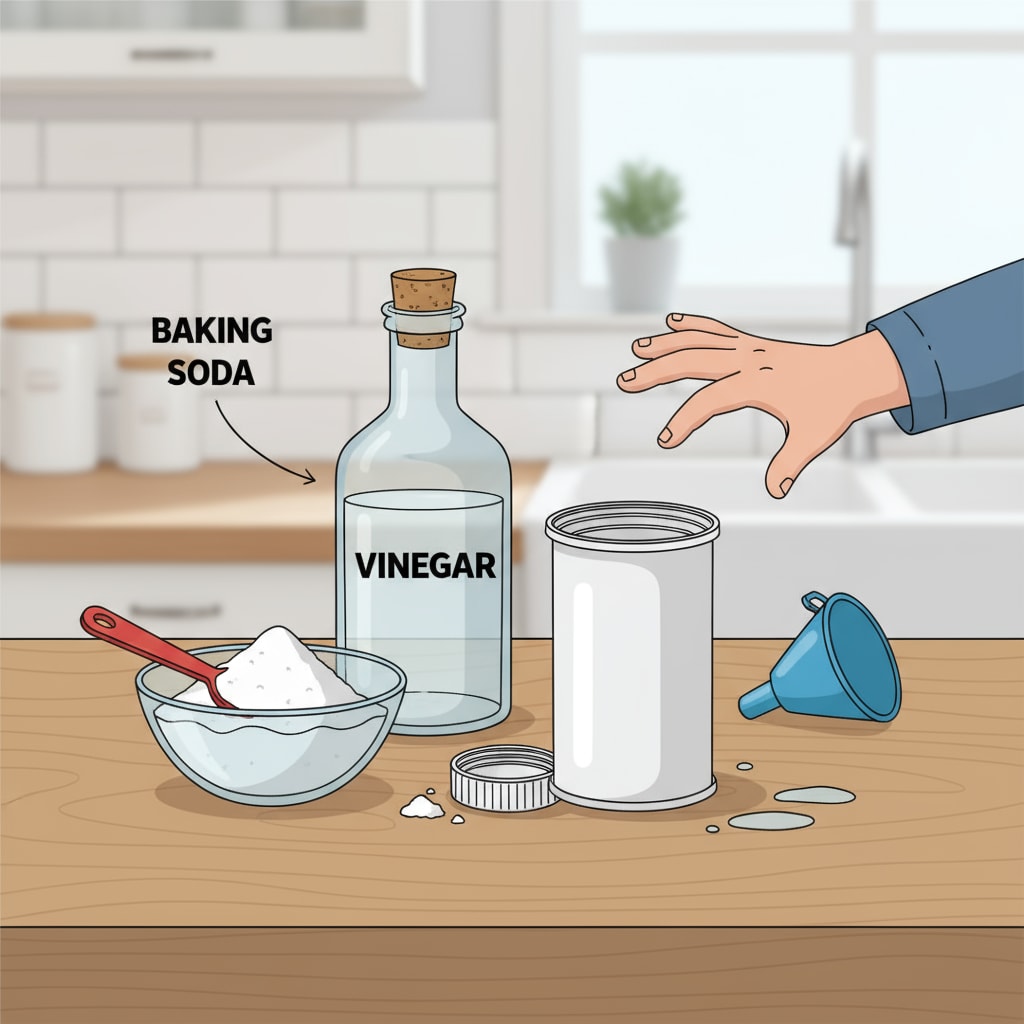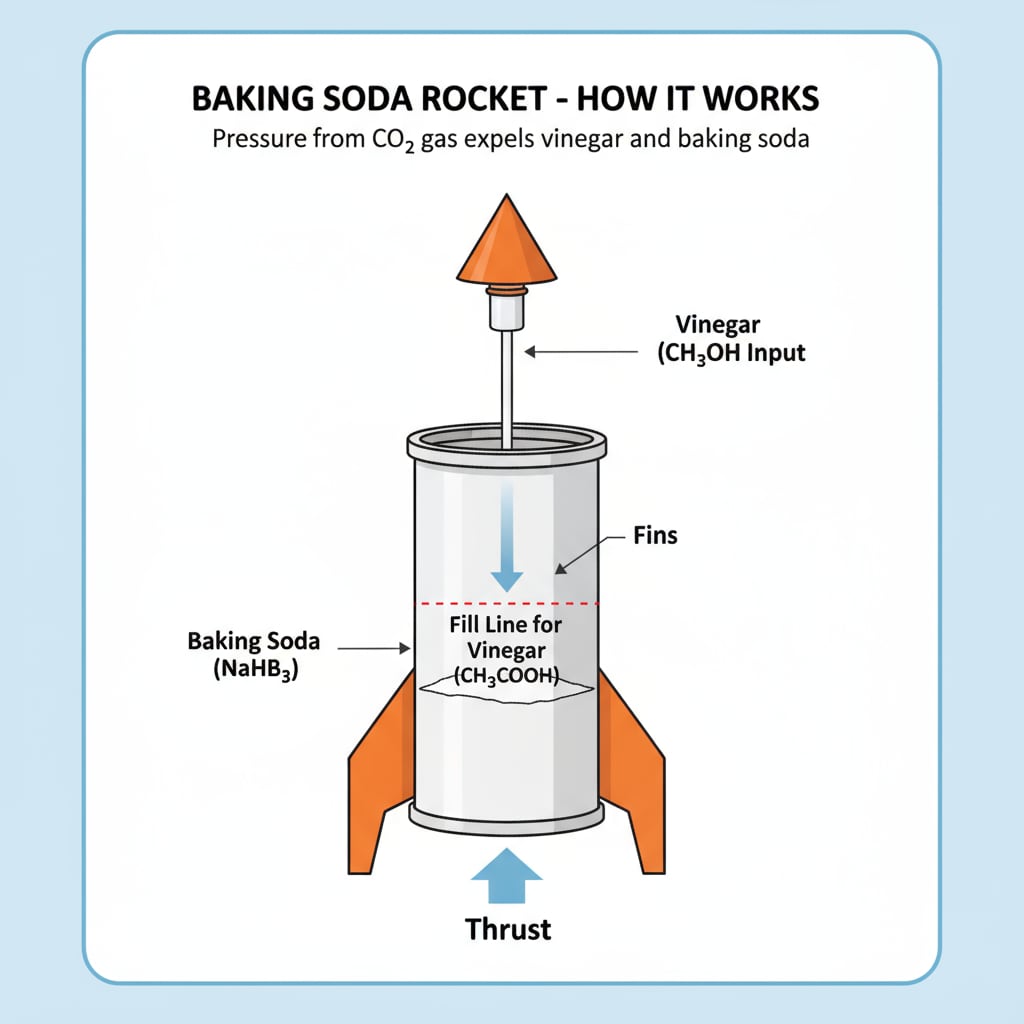Family science experiments, baking soda rockets, and experiment resources are the keys to unlocking a world of wonder for your children. These activities not only provide hours of entertainment but also foster a deep understanding of scientific concepts. Let’s embark on this exciting journey of discovery together.

The Magic of Baking Soda Rockets
Baking soda rockets are one of the most popular and thrilling family science experiments. The principle behind it is a simple chemical reaction. When baking soda (sodium bicarbonate) reacts with vinegar (acetic acid), carbon dioxide gas is produced. This gas builds up pressure, causing the rocket to shoot off. It’s a great way to introduce kids to the concept of chemical reactions. For example, you can use a film canister as the rocket body. Fill it with baking soda, add vinegar, quickly close the lid, and watch as it takes off. This hands-on experience makes learning science fun. Learn more about chemical reactions on Wikipedia

Other Engaging Home Science Experiments
In addition to baking soda rockets, there are many other fascinating experiments you can do at home. One such experiment is the egg in a bottle. This experiment demonstrates the power of air pressure. First, hard-boil an egg and remove the shell. Then, place a piece of paper in a glass bottle and light it. As the paper burns, it uses up the oxygen in the bottle. When you place the egg on the mouth of the bottle, the pressure inside the bottle decreases, and the higher air pressure outside pushes the egg into the bottle. It’s a simple yet amazing experiment that kids will love. Another great experiment is making a lava lamp. You can use vegetable oil, water, food coloring, and an Alka-Seltzer tablet. The oil and water don’t mix because they have different densities. When you add the Alka-Seltzer tablet, it reacts with the water, producing bubbles that rise and fall, creating a lava lamp effect. Understand air pressure on Britannica
These experiments not only entertain but also teach important scientific principles. They encourage kids to ask questions, make observations, and think critically. By doing these experiments at home, parents can create a scientific environment that nurtures their children’s curiosity.
Readability guidance: As we’ve seen, family science experiments offer a wonderful opportunity for kids to learn and have fun. The baking soda rocket and other experiments are easy to set up and provide valuable insights into science. Remember to always have adult supervision when conducting experiments. With the right resources and a spirit of exploration, your home can become a hub of scientific discovery.


